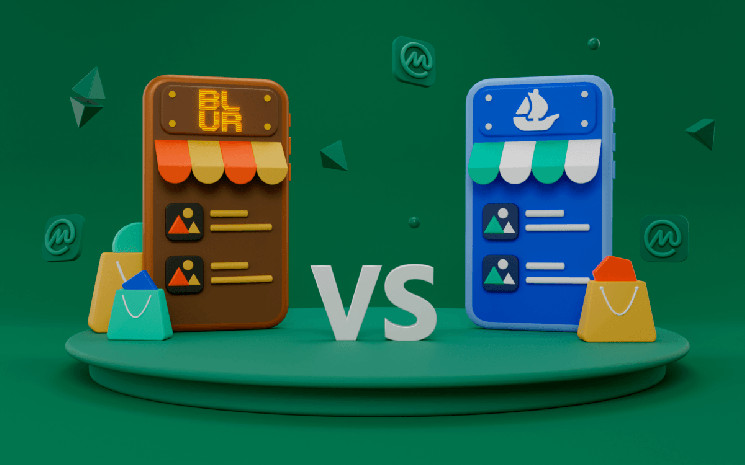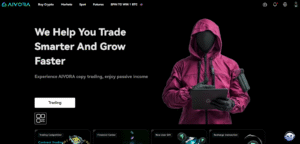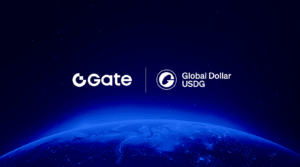
Blur NFT Marketplace Surpasses OpenSea in Market Dominance
The cryptocurrency market has been on a strong bull run this year, but the non-fungible tokens (NFT) market has lagged behind. However, the once-dominant OpenSea has been losing ground to a new player in the market, the Blur NFT marketplace.
Blur Takes Over OpenSea
Blur is a revolutionary NFT marketplace and aggregator platform that offers advanced features such as real-time price feeds, portfolio management, and multi-marketplace NFT comparisons. The platform is also known for its faster NFT sweeps and intuitive interface, positioning itself as a standout player in the NFT space. The native token of the Blur NFT marketplace is BLUR.
In line with the Blur marketplace’s rapid rise in the NFT market, the BLUR token has seen substantial 100% gains over the last month. Analysts have been expecting a price rally to $1 due to strong whale and buyer accumulation.
Recent data shows that Blur has been making significant strides in eating into the market share of OpenSea. On December 3, the Ethereum NFT market saw a surge in transaction volume, reaching $34.786 million, the highest figure since June 29 of the same year. Notably, Blur dominated the market with an 80% share, surpassing OpenSea, which only accounted for 18%. Specific NFT collections also saw notable increases, with Pudgy Penguins setting a new high with over an 18% rise, surpassing 10 ETH. Other collections like Azuki and Milady also saw significant increases, rising by more than 9% and 10%, respectively.
OpenSea’s Dwindling Fortunes
Once the largest NFT marketplace, OpenSea has been facing a significant challenge with the introduction of new players. The platform recently announced a 50% cut in its workforce, marking the beginning of “OpenSea 2.0,” an effort to improve fundamental aspects of the platform, including technology and user experience.
In another blow to OpenSea, American investment firm Tiger Global decreased its stakes in the Bored Ape Yacht Club, an NFT collection featuring 10,000 distinct collectibles, by 69%. Additionally, the firm marked down its stakes in OpenSea by 94%, as reported by Bloomberg.
OpenSea has clearly been struggling to maintain its market posture in the face of increasing competition. The platform will need to make significant improvements if it wants to continue competing effectively in the NFT market.

I have been a full-time professional writer for over 10 years, and have written for some of the biggest publications in the world. My work revolves around cryptocurrencies and blockchain technology, and I am widely considered to be one of the leading experts in these fields.I have written two books on the subject matter, and my articles have been featured in major news outlets such as The Wall Street Journal, Forbes, and Huffington Post. In addition to writing, I also give talks and seminars on cryptocurrency investing, and am a regular commentator on CNBC, Bloomberg, and other financial news networks.








